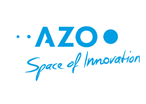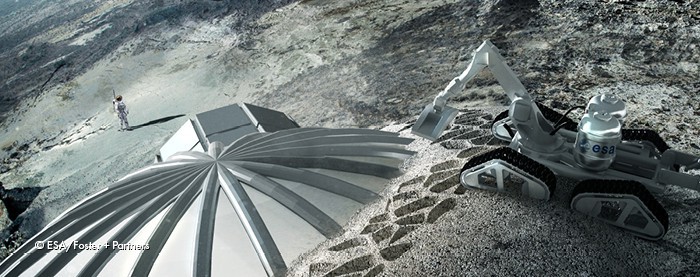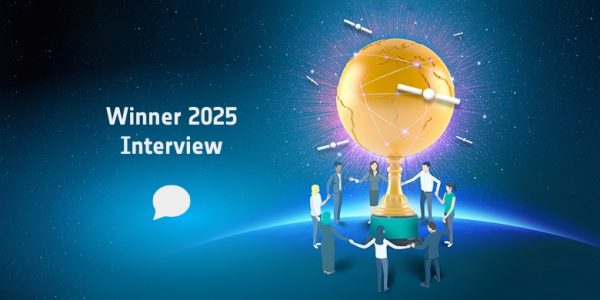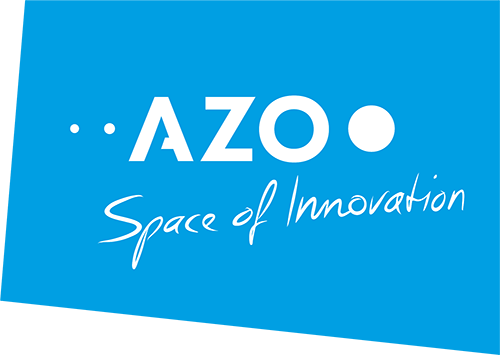Being on the Moon is a bit like staying at your mother in-law’s house. An unknown environment, harsh conditions but you still want to know what it is like and how you can benefit from it. But seriously, the Moon has always been and remains to be of great interest for both science enthusiasts and space stakeholders alike. Now, what do we do with this? Is the Moon a favourable place to exploit research and business opportunities? Does the Moon offer enough useful resources to establish a Moon Village?
The Purpose of a Moon Village
The concept of a Moon Village is widely talked about, and surely is one of the major topics addressed by global space players, often in the context of Space 4.0. While the objectives of Space 4.0 are evident, the Moon Village and a return to the Moon in general are yet to be given a clear prospect, and hence a defined purpose. Therefore, this article highlights possibilities and impulses discussed in the space sector to give prospective participants of the Space Exploration Masters an idea what their business cases could deal with.
Giving the Moon and a Moon Village a purpose is necessary to get the mission started. You have the chance to help define this purpose and can create your business to achieve the greater causes of deep space exploration, starting with the Moon. Get inspired to shape the future in space with your Space Exploration Masters Submission.
SIGN UP NOW before 8 September 2017.
Natural Resources and Habitation on the Moon
Can we actually survive on the Moon and what does it take? In the following I will focus on two major aspects to give you a glimpse of how crucial the endeavour of exploiting the Moon really is: Natural resources and habitation.
Natural resources, or to be more precise In-Situ Resources Utilisation (ISRU), meaning the prospection, extraction, processing and actual utilisation of resources on-site, is extremely complex – and crucial at the same time! One resource we all need to survive is water. Found especially in the form of ice in the eternal shadows of craters at the poles, the Moon’s water is of great interest in terms of splitting it into oxygen to breathe and hydrogen as a propellant, as a building material, as well as a potential radiation shield and important process ingredient. Helium-3 does not necessarily sound as familiar as water to us – and it is not, since very little available on the Earth. However, relevant supplies are suspected to be on the Moon. The gas has the potential to be used as fuel supply, for instance in nuclear fusion power plants – and could show the way how to retrieve our energy challenges in the long term.
Habitation is another important aspect that has to be looked into while thinking of establishing Moon Villages. First of all, where should they be built, specifically keeping the tremendous radiation and also sustainability and resilience in mind? Should they be set up below the surface and if so, how could you enable a safe living environment? Or would it be smarter to build up habitation in shadow areas on the Moon, close to the Moon’s water ice deposits? Or the exact opposite: Would it be better to start habitation in the sunlight making use of extreme solar power? How could the Moon also be a test bed for outposts on more distant destinations in space? What could we learn from developments on the Moon to benefit from on Earth, and vice versa?
These kind of notions and related business ideas for space applications providing solutions are exactly what the Space Exploration Masters innovation competition is in search of. Its dedicated challenges are topic-specific and award outstanding prizes to the best business ideas, in order to offer innovation and benefits for society and economy.
The Space Exploration Masters as Driving Innovation Force
The Space Exploration Masters Prizes hosted by our renowned partners, are looking for exactly such kind of ideas with regard to complementary space exploration activities in Low Earth Orbit (LEO), on the Moon, Mars, and beyond. The European Space Agency (ESA) awards two prizes in both competition categories: The ESA Space Solutions Prize for the best Technology Transfer Success and an ESA Prize in the New Business Innovation category jointly with Space Applications Services.
In addition, the Ministry of the Economy of Luxembourg with its SpaceResources.lu initiative, aiming to contribute to the peaceful exploration and sustainable utilisation of space resources for the benefit of humankind, hosts the “Luxembourg Prize” in the New Business Innovation category, supported by SpaceStarters. In the same category, the Scottish company Stevenson Astrosat Ltd., driving the commercialisation of the space sector by helping end users meet their needs in a sustainable manner using space technology, and Huntsville Madison County Chamber together present the “Astrosat & Huntsville Prize”. It specifically is in search of cases making use of the Sierra Nevada Dream Chaser and Astrosat’s “Space as a Service” model. Moreover, Airbus Defence and Space together with Merck KGaA, Darmstadt, Germany, a leading science and technology company in healthcare, life science, and performance materials, host the “Sustainable Exploration Prize” in the New Business Innovation category as well. It is looking for technologies and business enabling a sustainable space environment and human life in space.
At this point, you are bubbling over with ideas, aren’t you? All innovators and entrepreneurs: Take your chance to sign up right away and benefit from incredible prizes.
With this new innovation competition ESA and Anwendungszentrum GmbH Oberpfaffenhofen (AZO) want to inspire participants to find solutions with economic, environmental, and societal benefits, which give the Moon and destinations beyond a distinct purpose to attract business and investments.
About the Space Exploration Masters
In 2017, AZO has launched the Space Exploration Masters on behalf of the European Space Agency (ESA) and in line with the goals of the ESA Space Exploration Strategy, in cooperation with strong world-class partners. The Space Exploration Masters is an international competition to identify best technology transfer business successes, as well as to empower and foster business innovation around space exploration activities in Low Earth Orbit (LEO), on the Moon, Mars, or beyond – for the benefit of society and Earth.




